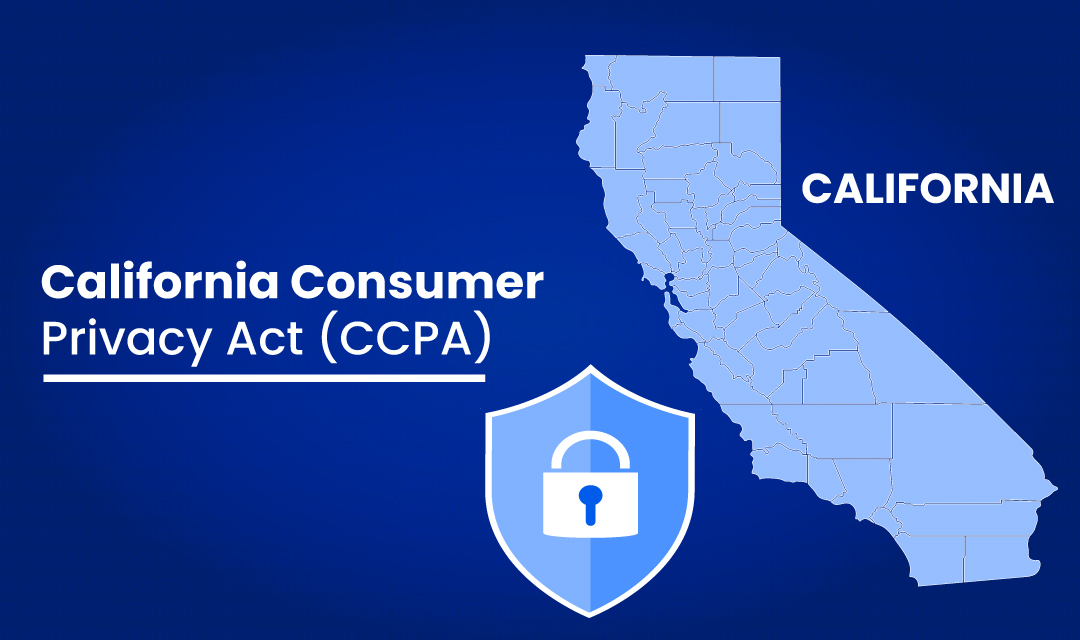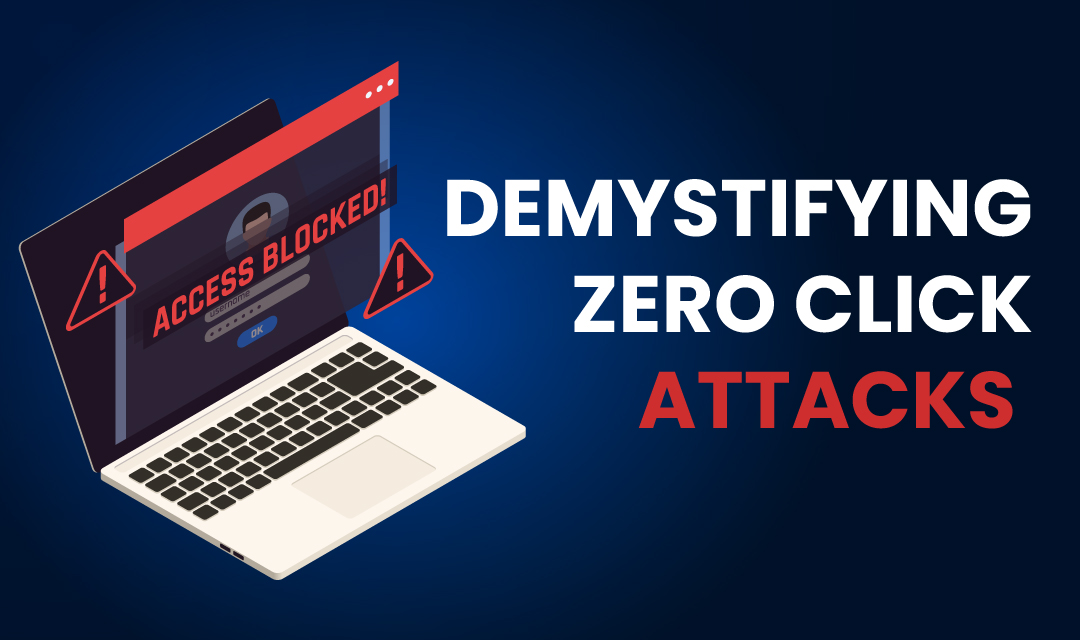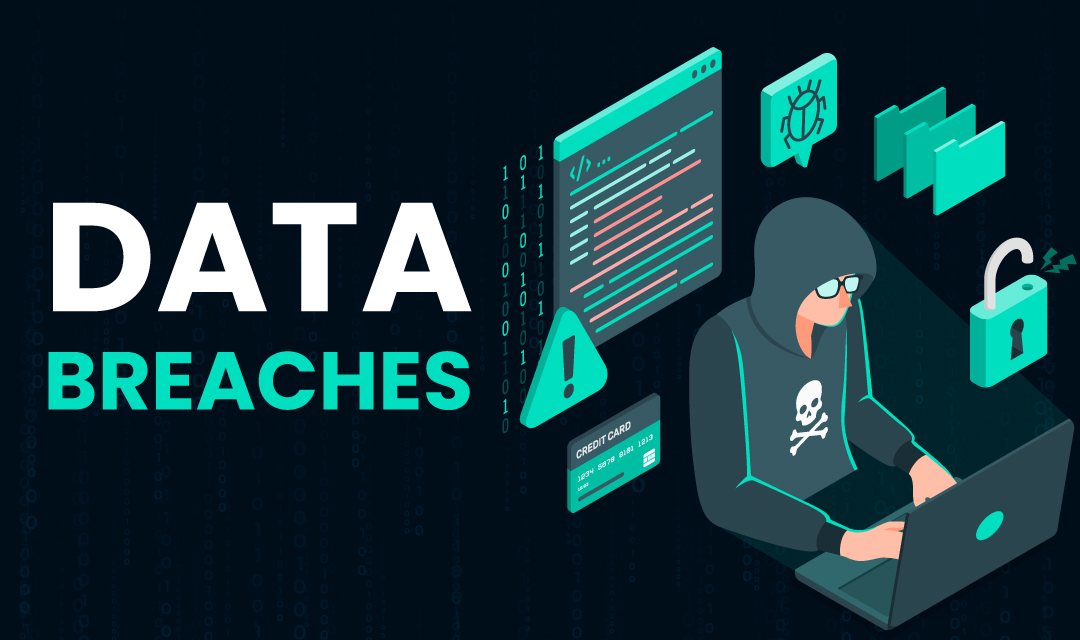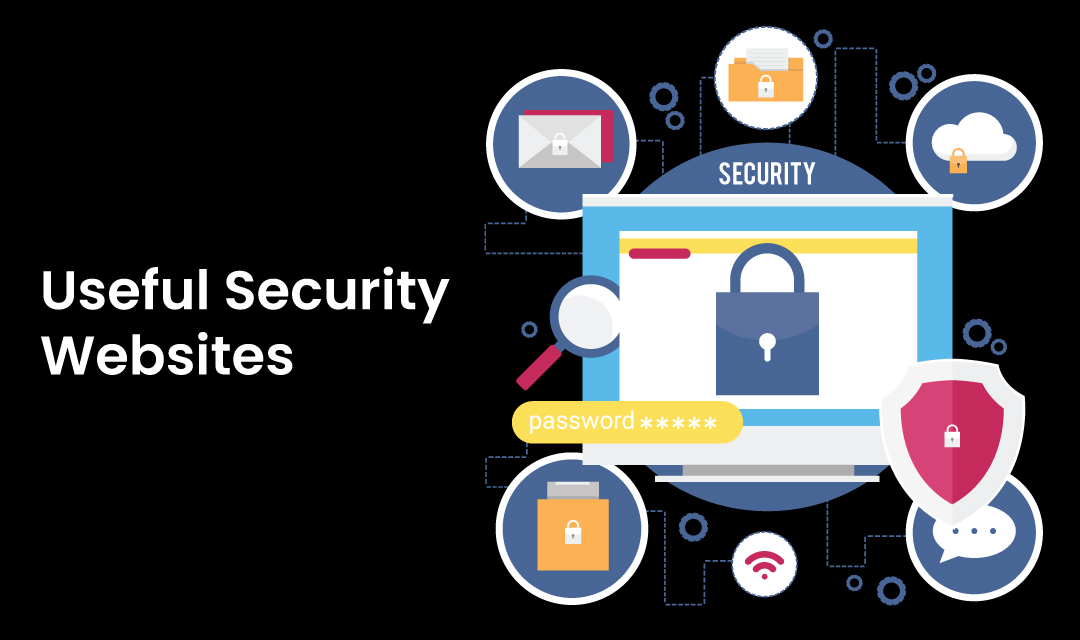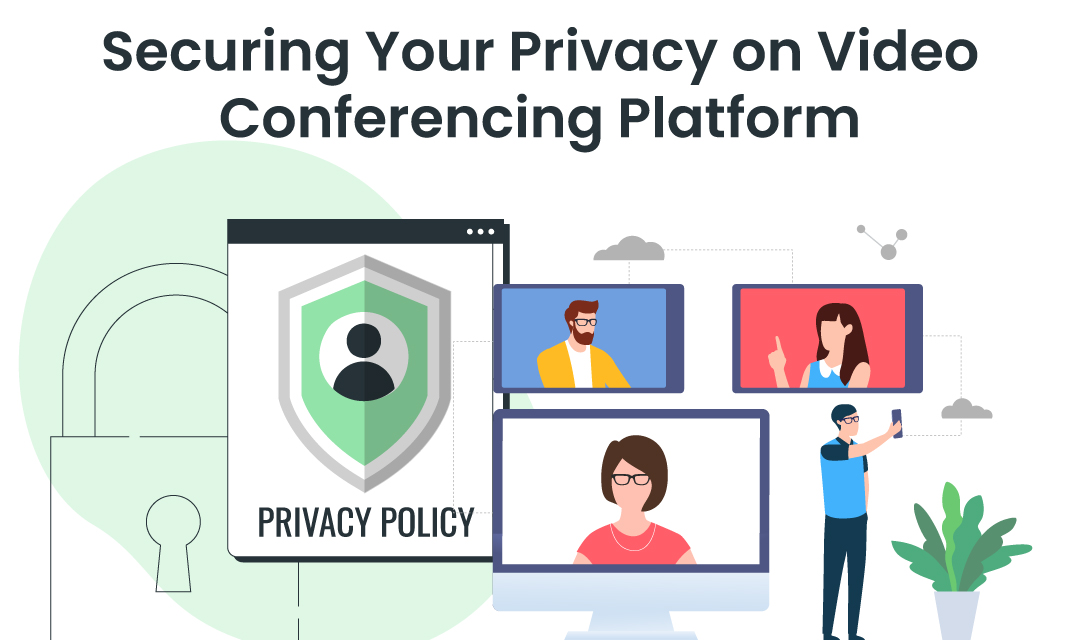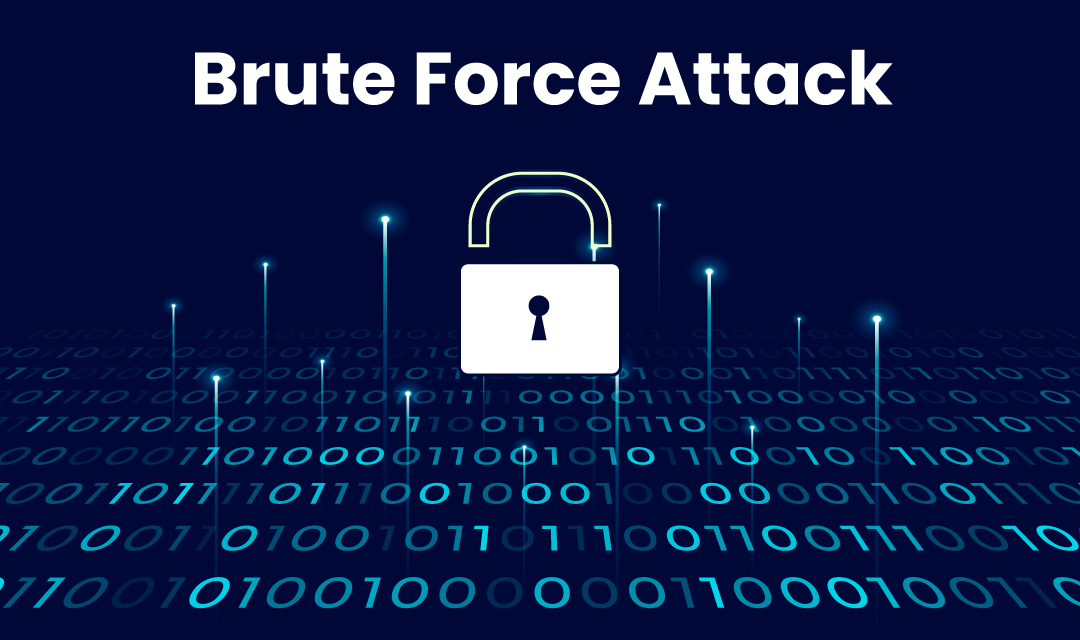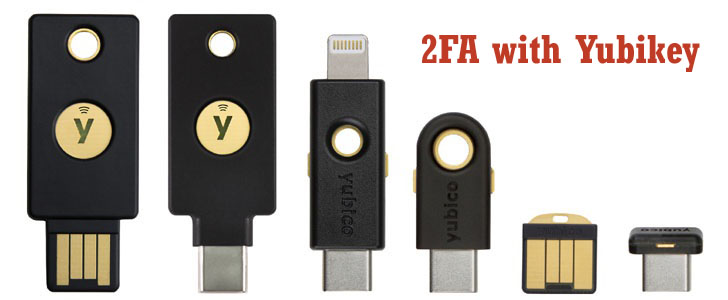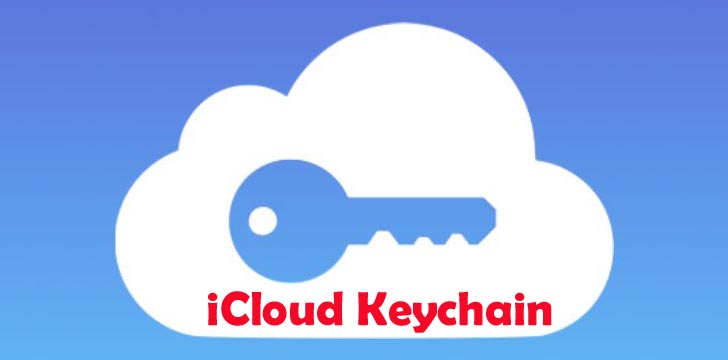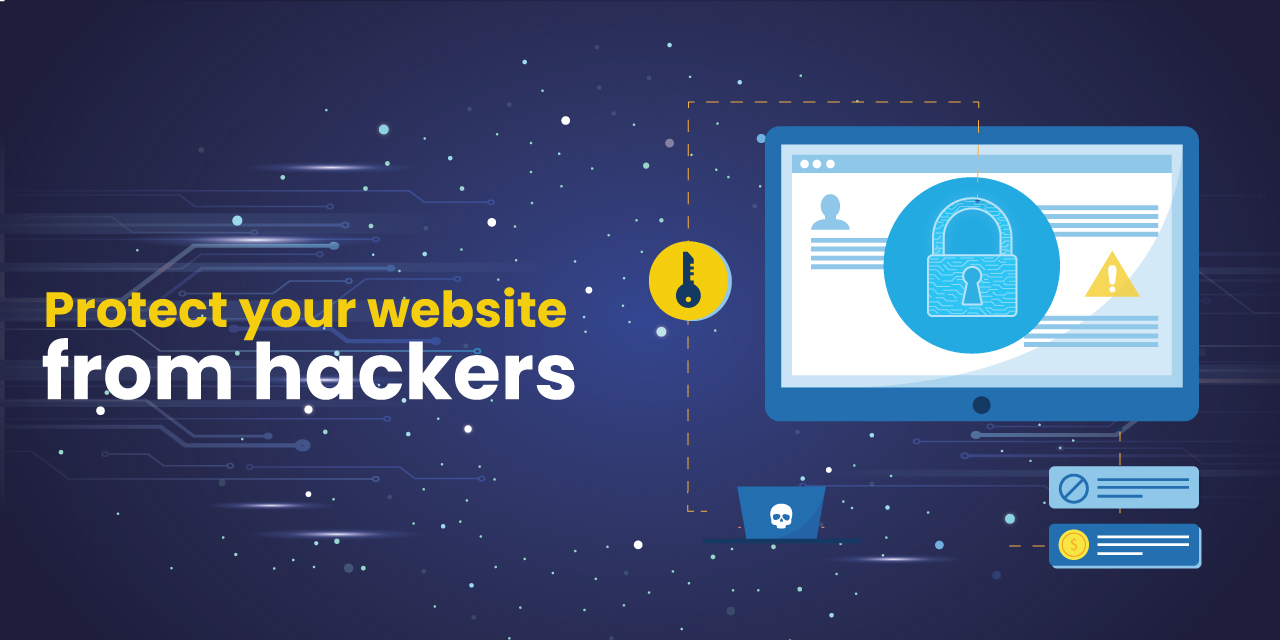
Online security and keeping your server security is the utmost responsibility of any website owner. Cybercriminals use automated bots to identify sites by scanning search engines for specific URL patterns used by some of the popular open-source software, and once identified use automated scripts to attack them. Internet is not a safe place to hang out anymore, and it is getting worse each year. It's our job to protect ourselves and fight against cyber attacks.

